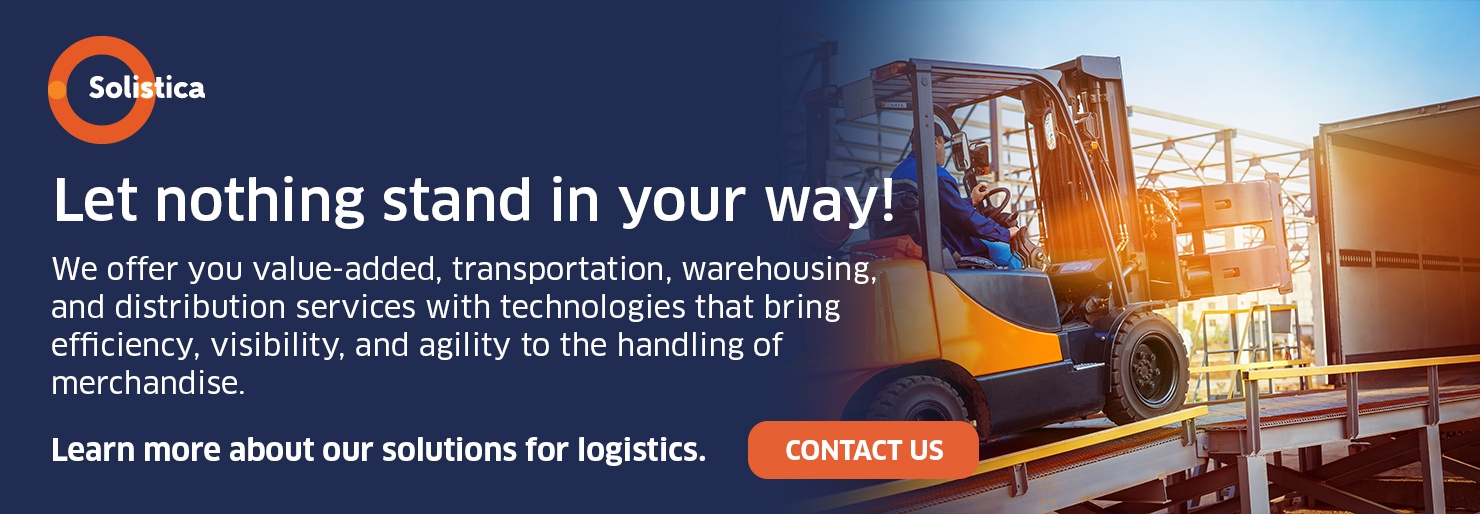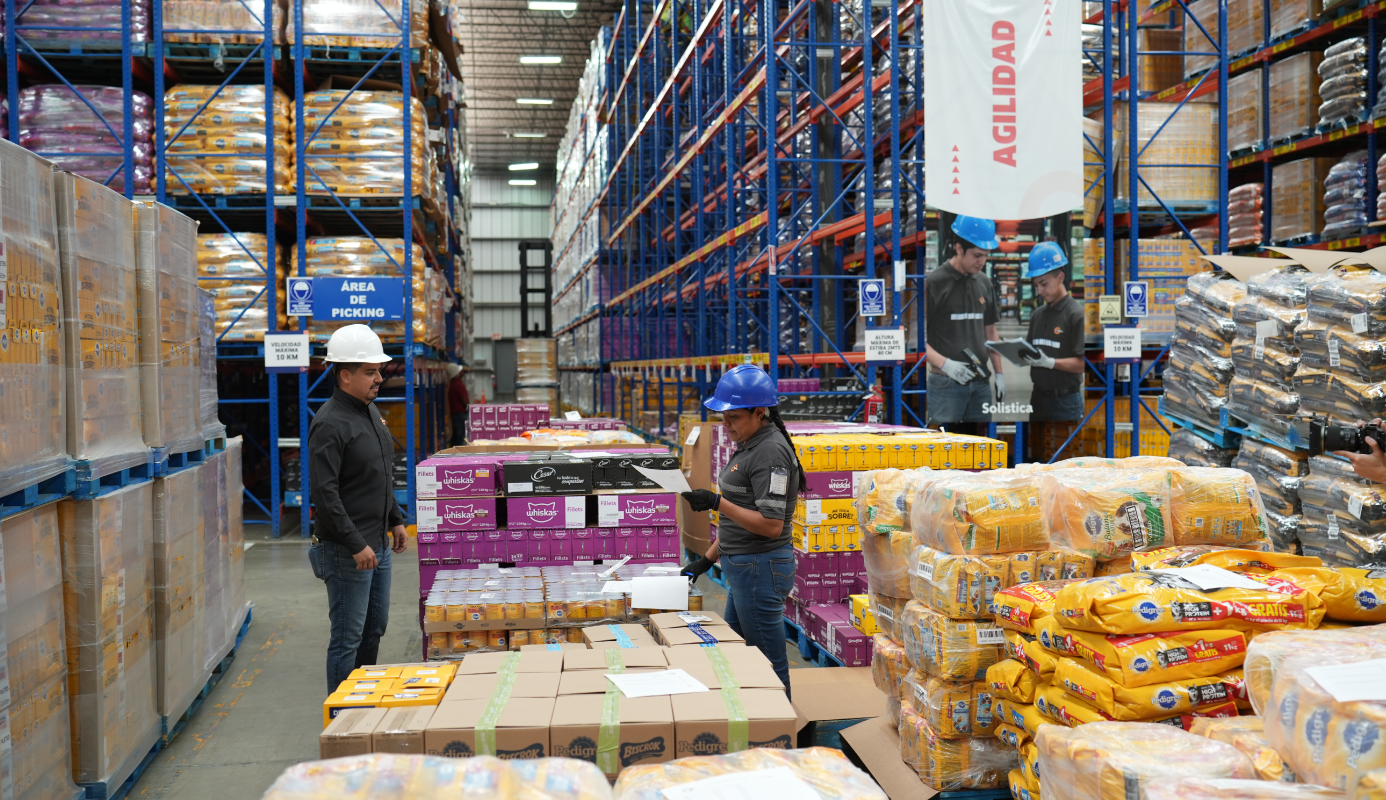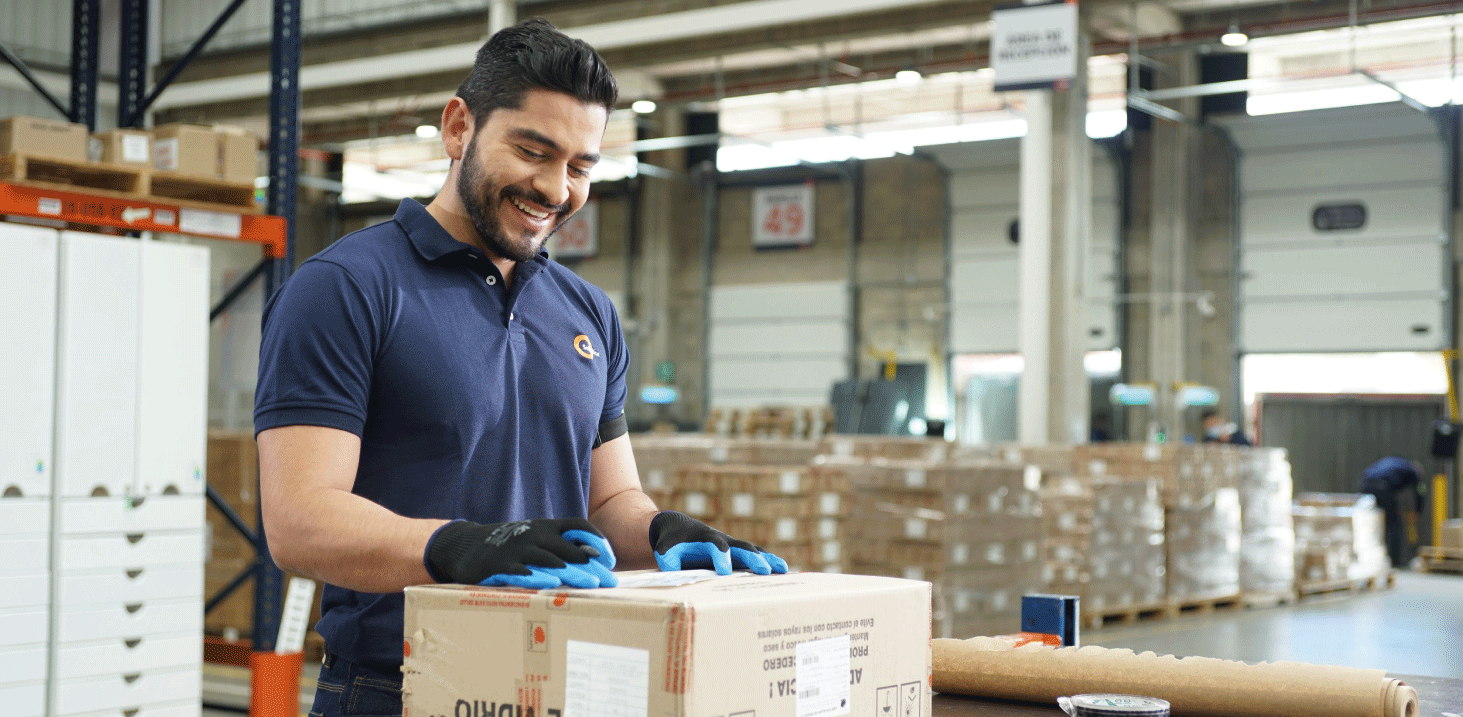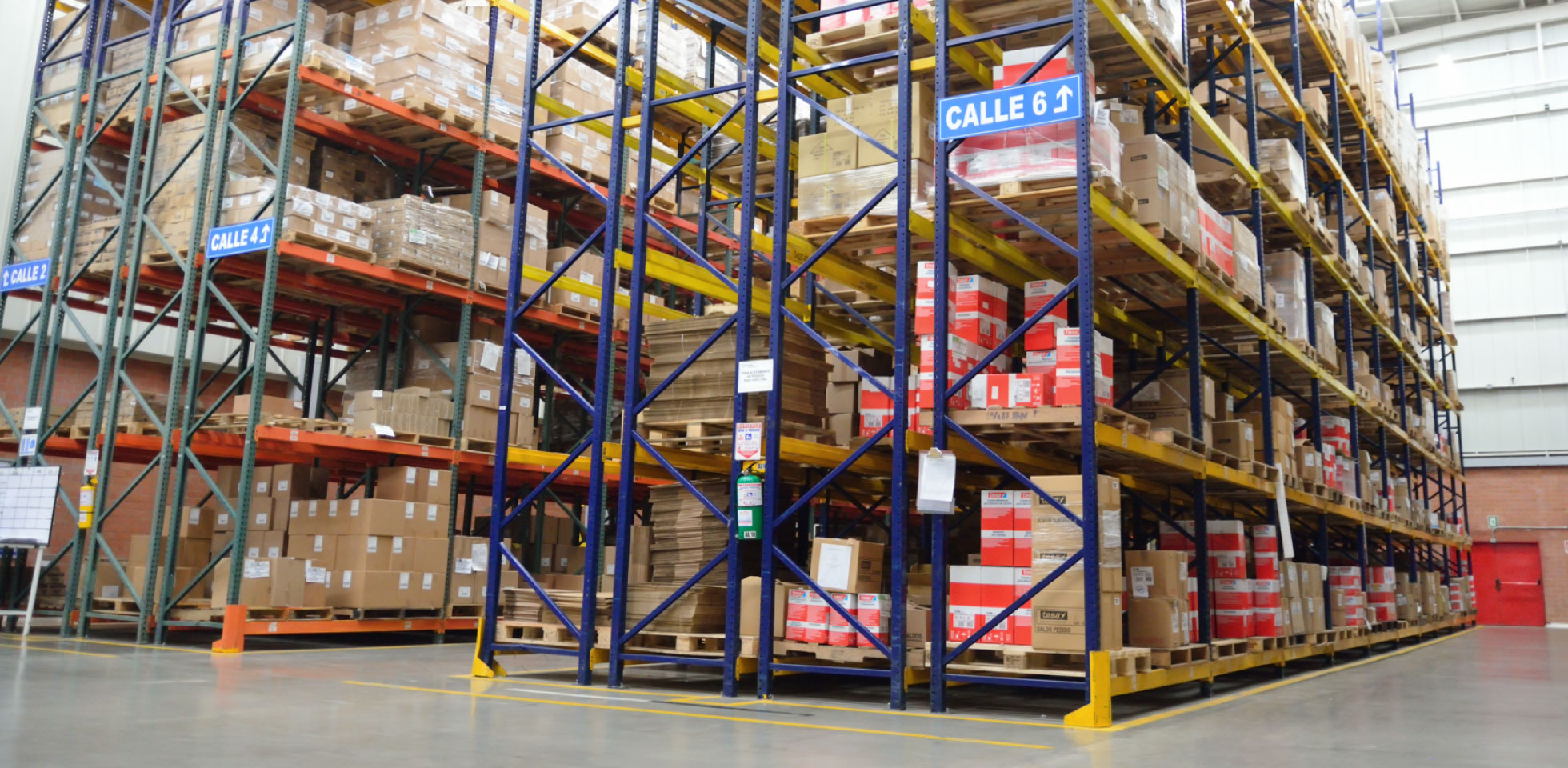Hiring consulting services in logistics is a strategic decision made by companies looking to have a competitive differentiator. Thanks to consulting, companies gain expertise, knowledge, and skills to make better decisions and efficiently reach the goals set for the supply chain.
In this sense, consulting companies specializing in logistics help clients understand and improve their supply chains and logistics operations: procurement; product processing and kitting; warehousing; and shipping. Its role is to analyze information to identify and solve logistics problems and give advice on productivity, management, and materials transportation issues using planning; design of distribution networks; technology and specialized software; and reengineering processes.
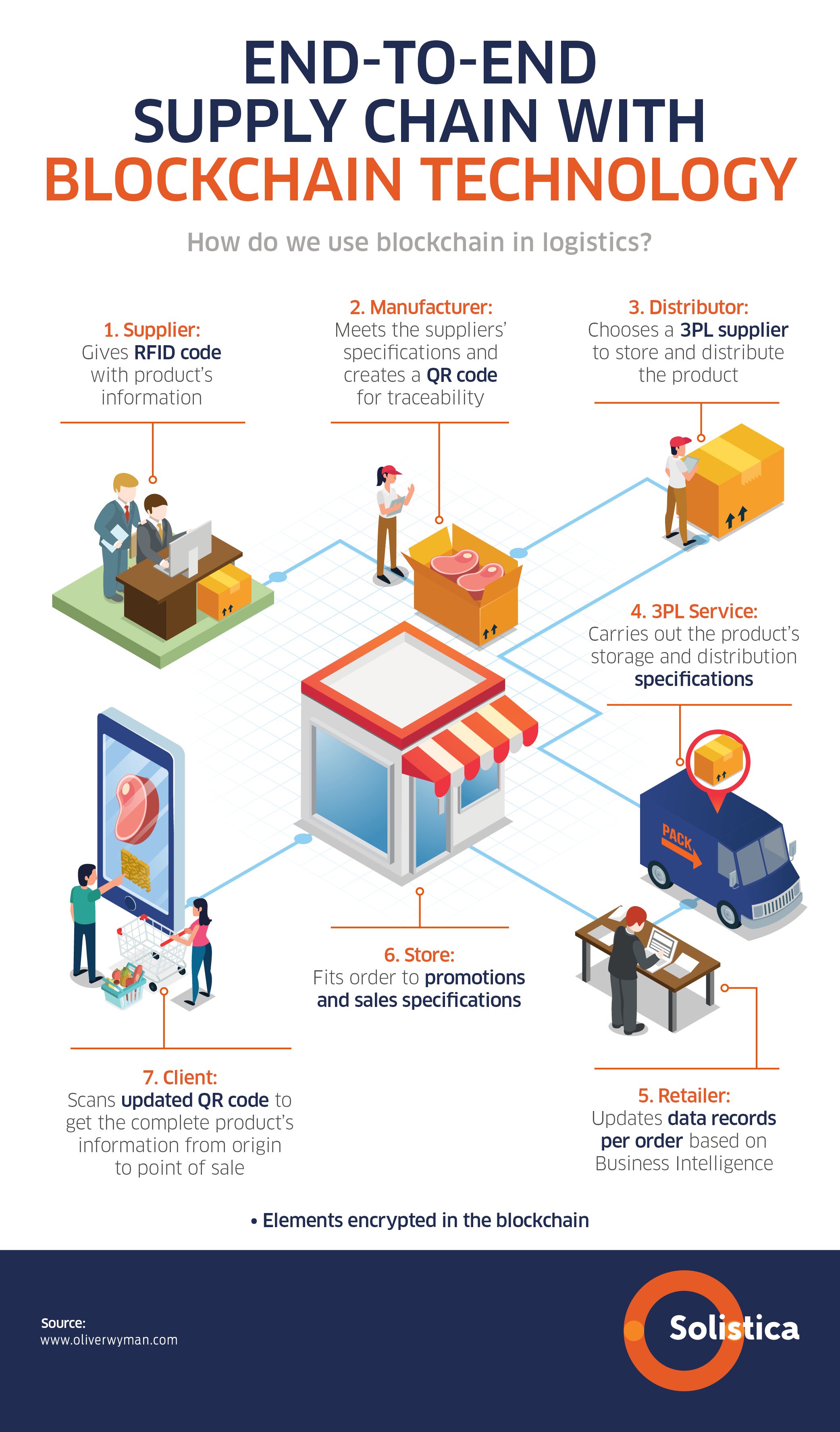
Consulting is a relationship between a company and an expert in logistics that aims to achieve the company’s goals and develop professional competencies by incorporating new knowledge, perspectives, values, skills, and expertise, with which we may:
- Lower the costs of logistics with greater service levels for clients
- Understand current management methodologies and techniques
- Search for technological solutions applicable throughout the supply chain
- Increase productivity and customer loyalty
- Increase the coverage or presence in points of sale and distribution
- Transform the supply chain into a competitive advantage
- Face the challenges of logistics with greater confidence
- Negotiate better with suppliers and clients
- Lower the invested capital and cash flow for activities that are not adding any value
- Learn how to respond to crises or risks that may arise in any process
- Develop competencies and skills such as leadership, flexibility, collaboration, and self-management
Usually, consultants are people or companies that know the area very well and have been in the industry for many years. Even though they do not make decisions, they do advice the company on which aspects and viewpoints to consider, such as production performance, logistics processes, and buying behaviors, making sure in this way that the company is getting the biggest potential for growth and sustainability.
Scope
Independent consultants or consulting firms may focus on different logistics processes:
- Procurement: Strategies to acquire components, raw materials, and goods that meet the needs of production and delivery quality considering prices and payment terms; also, control systems that let us oversee the process.
- Inventory: Strategies to meet variable demands and avoid either having excess or missing stock, which may create additional costs, such as warehousing.
- Warehousing: Strategies to improve the physical space, the manipulation and safety of goods, which improves the demand forecast and avoids issues with internal and external supplies.
- Transportation and Distribution: Strategies for route planning, vehicle outfitting, reverse logistics, and definition of cargo modes (FTL or LTL).
- Production: Strategies related to supplying and replacing goods and raw materials, and their integration to the supply chain after they are manufactured.
- Structure Planning: Global logistics reorganization; in other words, look at processes as a whole, regardless the number of companies involved.
- Strategy Definition: Analysis of processes, design of logistics models, quality control, and choosing technology systems.
- Logistics Audit: Reviewing and implementing industrial traceability models.
- Process Reengineering: Setting up processes, technology and operations automation projects.
- Change Management: Manage aspects related to people and the company.
- Logistics Construction: Design spaces and tools.
Stages in Logistics Consulting
Consulting helps top logistics executives to break paradigms and face unforeseen situations and factors. It supplements methods, procedures, and methodologies already in use and greatly supports culture change processes. It consists of four stages:
- Diagnosis: An analysis is carried out to identify the company’s issues and expectations. By analyzing the processes, we understand, build upon, and strengthen the competitive advantages in terms of costs, speed, quality, and maintenance. Likewise, and from a logistics standpoint, we improve the integration of the operational and functional departments and the facilities through layouts and an analysis of the distribution.
- Definition: The goals of logistics are set, as well as the employees’ competencies, strengths, and weaknesses.
- Intervention: Action plans and solutions are sought and proposed both within and outside the company, in terms of the logistics and strategic goals.
- Follow-Up: Constant assessment and supervision of the performance.
Through this relationship, the consultant becomes a strategic partner that improves the performance of employees by broadening their possibilities and capacities, which increases effectiveness and profitability.
Solistica offers clients consulting services in supply chain management; implementing best practices for operations; carrying out analysis with specialized tools; optimizing the networks, warehousing, and transportation processes; and helping companies improve their efficiency, productivity, and the development of skills.
*This blog was originally published on September 30 2019 and modified on July 6 2022.
.jpg)
